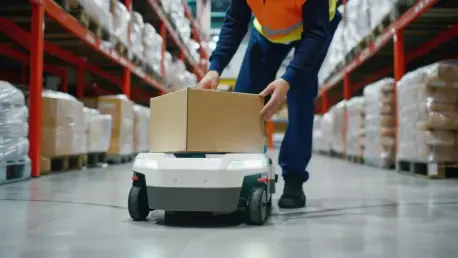
Rohit Laila has spent decades at the intersection of freight operations and technology, and he’s seen fraud morph from clumsy fakes into polished impersonations that slip through busy workflows. In this conversation with Alexandre Faurestain, he unpacks how identity verification must anchor every

An opening that reframes inventory success Cutting thousands of products might look like a retreat, yet Lowe’s treated it as a precision strike that swapped clutter for clarity, turned stock into cash, and lifted gross margin by 50 basis points while keeping price competitiveness intact. The

Overview of a Vulnerable Landscape In an era where global supply chains underpin nearly every facet of business operations, a staggering 70% of cybersecurity professionals express profound concern over cyber risks within these networks, setting the stage for a critical examination of an

Meet Rohit Laila, a seasoned veteran in the logistics industry with decades of experience spanning supply chain and delivery. With a deep passion for technology and innovation, Rohit has witnessed firsthand the transformative power of automation and robotics in reshaping the sector. Today, we dive

In an era where global supply chains face unprecedented pressure to deliver faster and more efficiently, warehouse automation has emerged as a critical solution to meet soaring demands. With e-commerce sales continuing to skyrocket and urban spaces becoming increasingly constrained, the logistics

In a rapidly evolving global market where operational agility can make or break a company, Nestlé, a titan in the food and beverage sector, has taken a bold step toward technological transformation by overhauling its enterprise resource planning (ERP) system with a focus on enhancing efficiency.